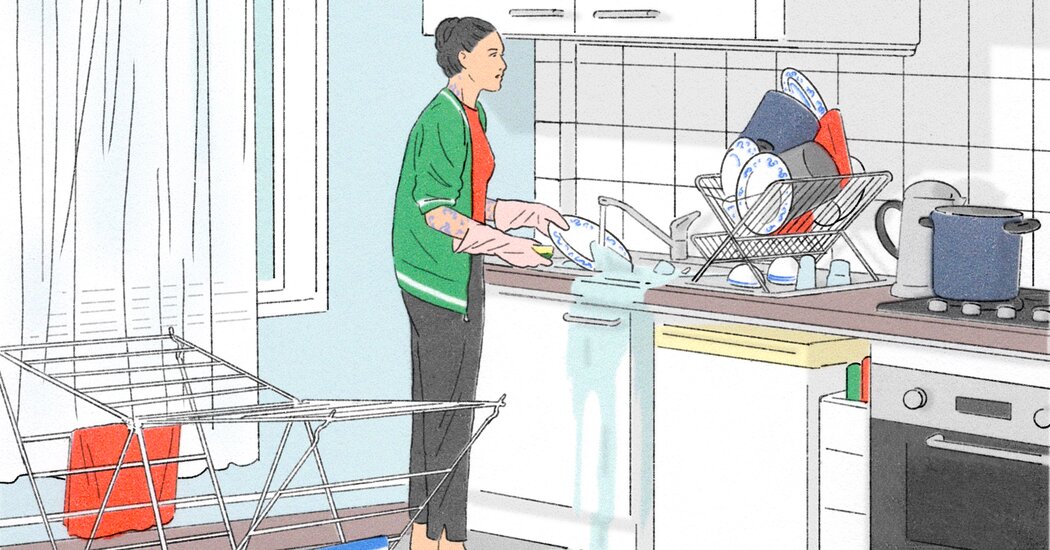
This essay is part of a Modern Love project on the intersection of money and relationships.
In my mid-20s, I was close to broke. Not struggling-to-keep-the-lights-on-broke, but constantly-doing-basic-math-in-my-head-broke. I had some lingering bad debt that I’d been transferring between credit cards for years. My yearly income was under $20,000. In therapy (the cost of which caused additional consternation), I talked a lot about the low hum of anxiety that attended my days, the fear that my financial insecurity was evidence that I was doing something wrong.
I had a boyfriend at the time, a kind person. He wasn’t the last man I would ever date, but close to it. He worked long hours as a TV editor; he wasn’t rich, but had no debt and earned what seemed to me then like a king’s ransom: something like a grand a week. He was the first romantic partner I’d ever lived with and the first whose income was more than triple mine. When we moved into our small one-bedroom, he suggested an equitable scale for paying our living expenses in which I contributed about a third. I don’t think the word equitable was yet a part of my vocabulary, but we both knew I could never have afforded an equal share.
I was grateful for his generosity, but deeply uneasy about the arrangement. Every month, when I wrote him a check, my body coursed with a potent combination of shame and fear. Though I understood intellectually that our arrangement was fair, I still felt like a failure. I was terrified by the idea of dependency, which seemed like an ominous gateway.
I’d been employed ever since my parents, both from working class backgrounds, had secured me my first work permit at 14. I came to understand financial independence as freedom. When I’d moved out of my childhood home as a teenager, I refused much help from my parents because I knew it gave them a stake in how I lived. The years I spent in my early 20s as a sex worker had confirmed my suspicion that there was no such thing as free money.






